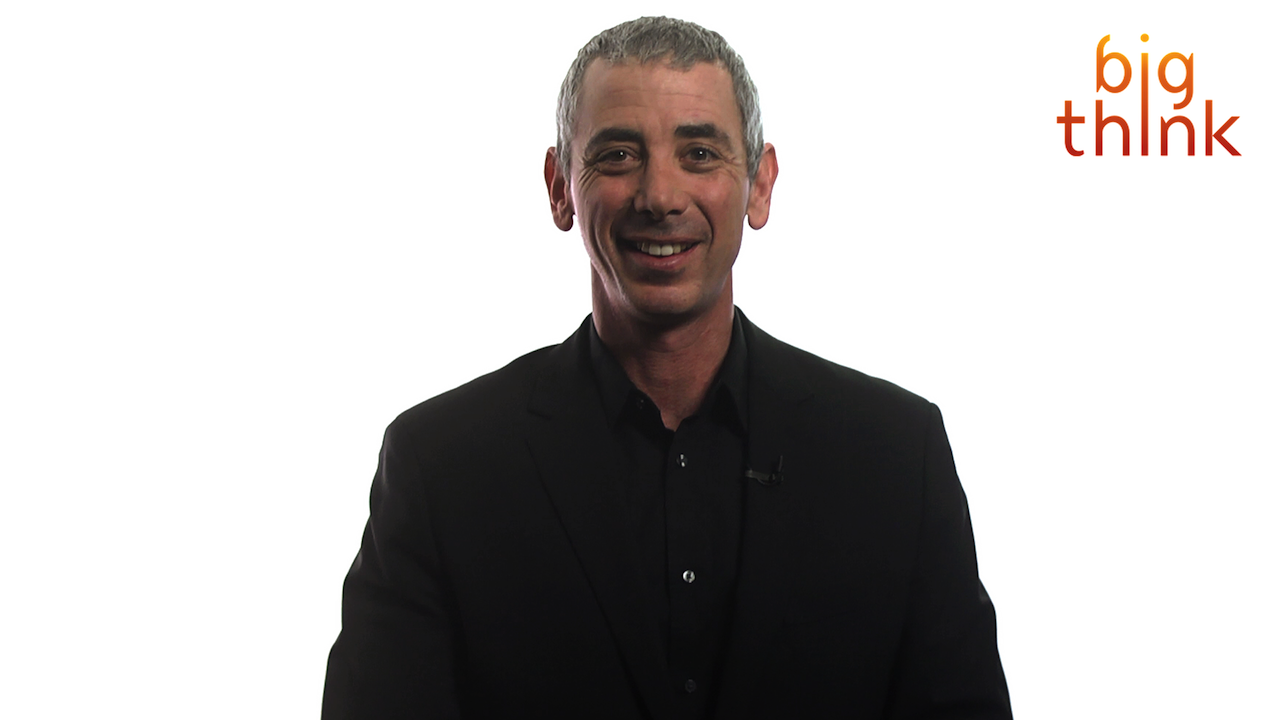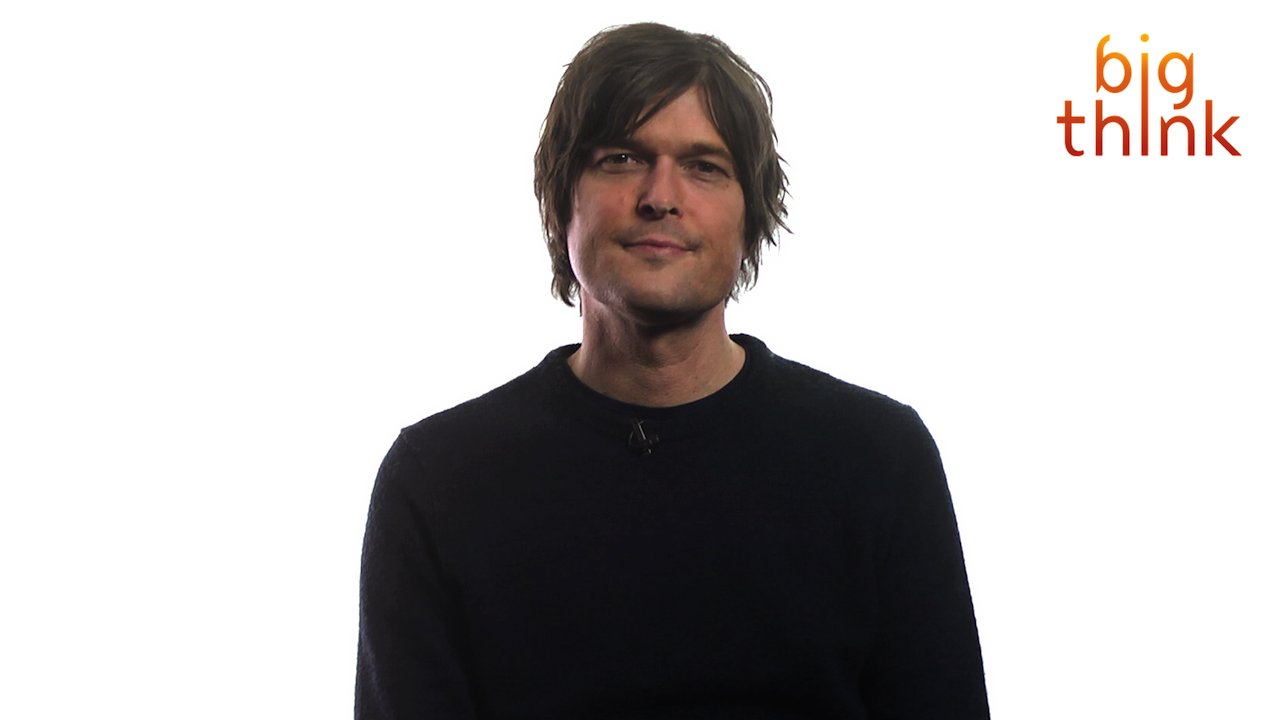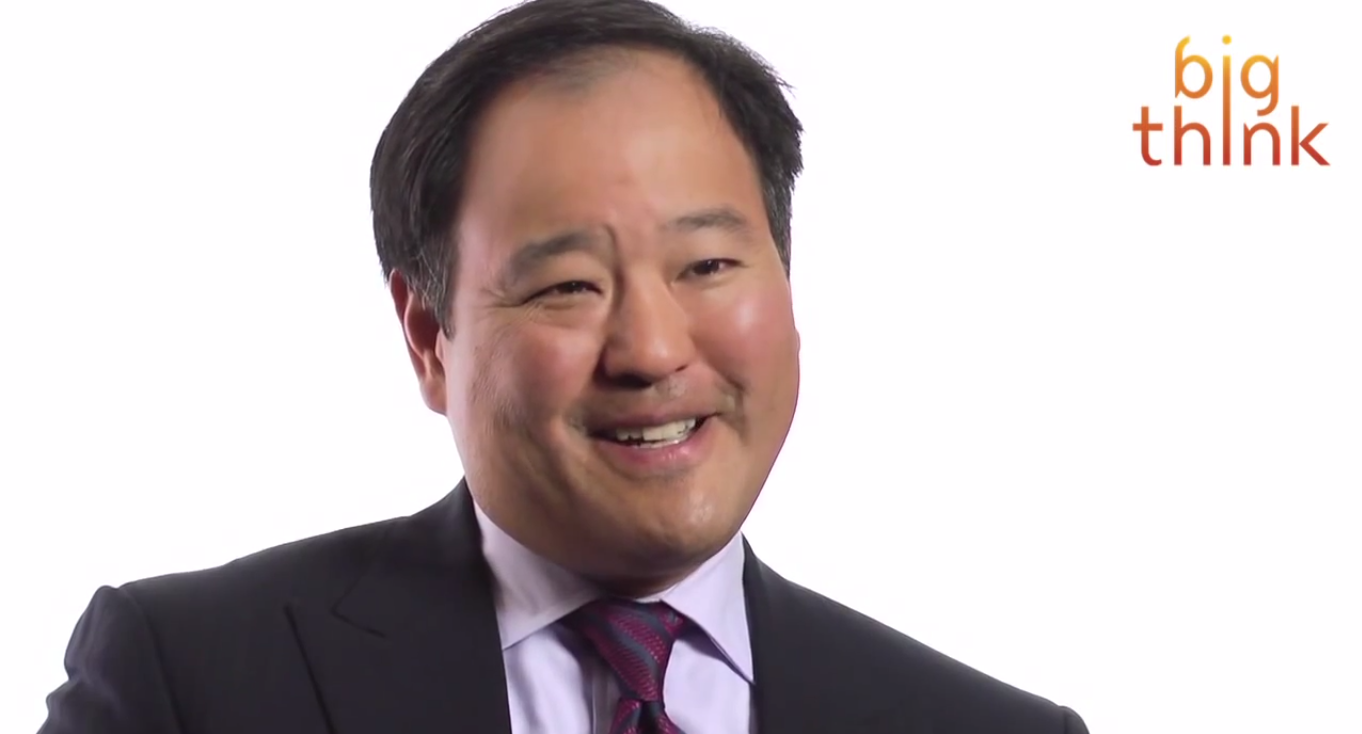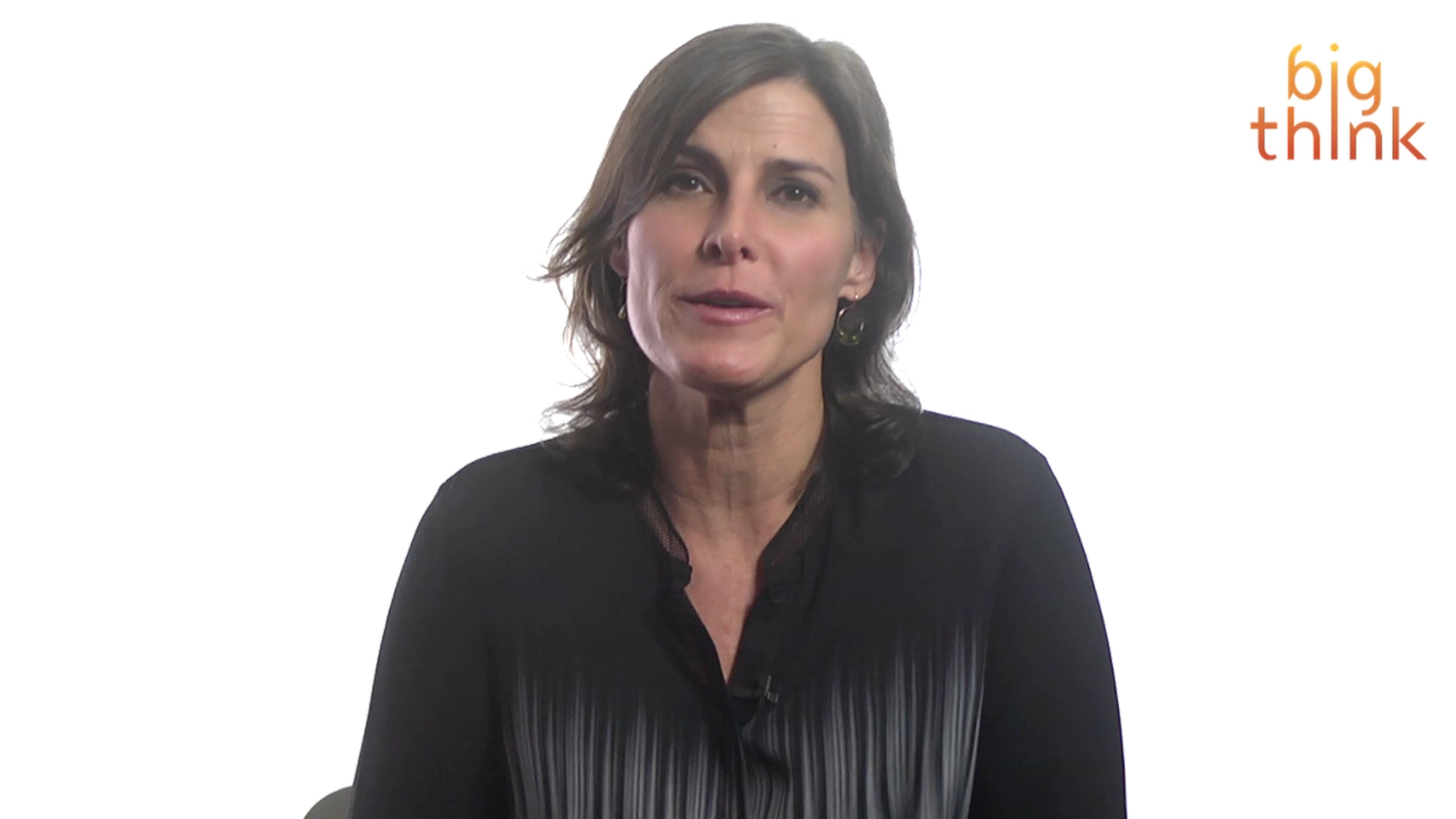Technology & Innovation
All Stories
What matters more? Money or privacy? For Kansas City residents that have the option to pay a little more for some internet privacy, most have chosen to remain open to targeted ads.
Men from gender egalitarian countries report they do an “unfair” amount of housework while their counterparts in less egalitarian countries complain less, even when asked to do more.
The former head of New Zealand’s SEC explains why putting women on boards isn’t just the right thing to do — it’s also the bright thing to do.
A NASA-ESA joint discovery confirms held beliefs about the nature of X-ray-emitting winds that emanate from supermassive black holes.
If you think you have a productivity problem, you’ve probably got an overcommitment problem, says Elizabeth Saunders at the Harvard Business Review.
What’s more important: competence or confidence? When it comes to being a leader, it’s preferable to have both. But if you had to choose just one, confidence is the way to go.
Ever spot a neat typeface you couldn’t name? Identifying new and exciting fonts is easy with the correct tools.
In his latest book Bold, Peter Diamandis notes that exponential entrepreneurs need to keep an eye out for emerging technologies — such as virtual reality — about to emerge in a big way.
The founder and editor-in-chief of The Huffington Post explains why adjusting your perception of success is vital for achieving a healthy work-life balance.
It’s common to dismiss the sorts of processes undertaken by the characters in CSI or House as the stuff of fantasy. MetaMed Research co-founder Michael Vassar argues that we’ve got that all wrong.
Math, not financial strategizing, is the skill most needed to handle the important financial decisions that all adults face.
Researchers at Chongqing University in China have created an ultra-sensitive device capable of detecting volatile organic compounds in people’s breath that may indicate the presence of cancer.
Be careful what you say around your smart TV. If it’s equipped with a microphone, it could be recording and saving your private conversations.
Author Michael Schrage argues that the most successful forms of innovation are ones that include investments made in the human-capital capabilities of a company’s customer base. Henry Ford and his impact on driving culture is a good example.
Our reliance on technology is hurting our memories — we load names, dates, and numbers into our smartphones that we cannot recall on our own. However, this offloading of information allows us to free up cognitive space to learn more.
The author of a now 30-year-old article thought he was writing the obituary of the laptop computer. Such wrongness makes you wonder what current underrated technology could be compared to the once-maligned laptop.
Author Steven Kotler explains the basic tenets of exponential technology growth cycles. Understanding these will allow savvy entrepreneurs to gain an advantage over their competition by way of exponential entrepreneurship.
Were it not for the vitamins added to our food, the famously unhealthy American diet would be more difficult to sustain — perhaps forcing us to eat healthier, fresher foods.
Perhaps in an attempt to compete with disruptors like Airbnb, some hotels are upping their game by incorporating new technology with regard to facilities and amenities.
Researchers at Vanderbilt University are experimenting with an electrode-fitted cap designed to improve the wearer’s thinking skills.
We could lose the ability to interpret digital data as software progresses and leaves old ways of coding data behind.
David Butler, vice president of Innovation and Entrepreneurship at Coca-Cola, speaks to the harms that befall big companies that refuse to adapt to remain relevant.
Understanding corruption — how it arises and why some countries are more corrupt than others — has always been difficult for sociologists.
Depending on what you want from a workout session, personal training apps may be able to replace sessions with a live trainer (or not).
Jon Iwata, IBM’s senior vice president of Marketing & Communications, explains why freedom is the best social media policy for employees.
Turns out fitness apps may be better at tracking physical activity than wearable fitness devices.
Yet another study has been released on Facebook. This research implies that those over-sharing Facebook couples may actually be as happy as they look in their constant photo updates.
Chemicals found naturally in grapes are highly effective at preventing fat buildup in the liver and encouraging the body to metabolize sugar rather than store it.
Journalist Claire Shipman discusses the role authenticity plays in the manifestation and expression of confidence. Shipman is co-author of the 2014 book The Confidence Code.
Since 1946, five major exams that quantify intelligence have shown a steady pattern in which students who choose majors in science, technology, engineering, and mathematics are generally more intelligent.





























